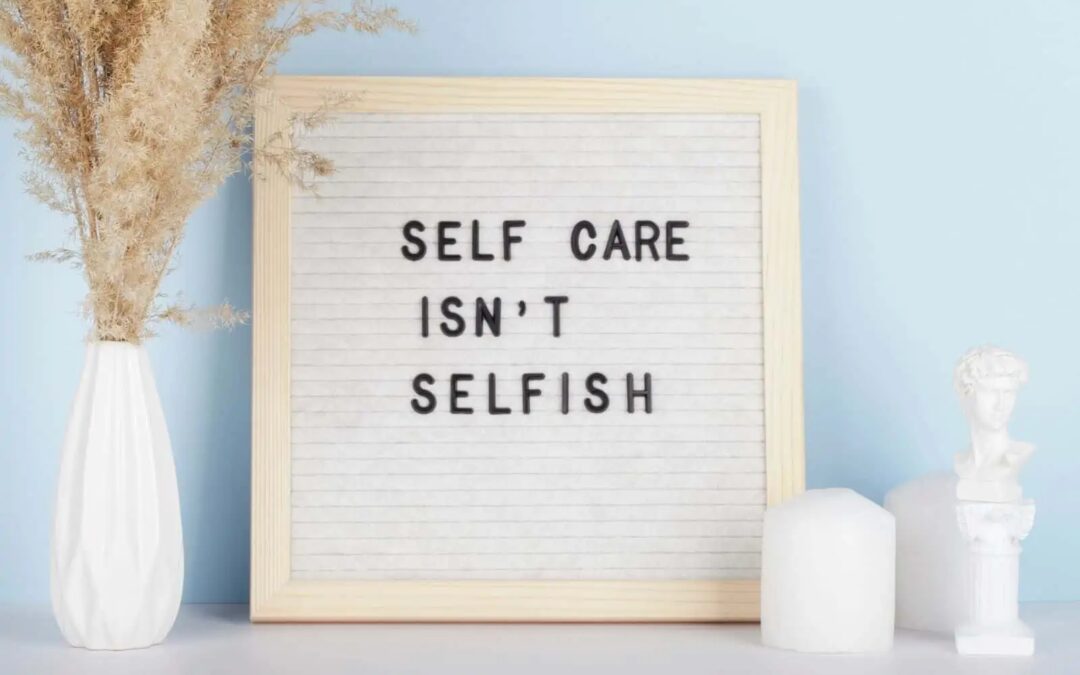In this demanding world of work, prioritizing self-care is essential for maintaining overall well-being.As employees navigate through their professional responsibilities, it becomes increasingly important to integrate self-care practices into the daily routine.
This comprehensive self-care checklist serves as a guide to help individuals foster a healthy work-life balance, manage stress, and enhance their overall mental and physical well-being.
Establishing Healthy Work Habits
The foundation of workplace self-care begins with cultivating healthy work habits. Consider the following practices:
a. Set Realistic Goals – Break down tasks into manageable goals, and prioritize them based on urgency and importance. This approach helps in maintaining focus and avoiding burnout.
b. Effective Time Management – Utilize time management techniques such as the Pomodoro Technique or the Eisenhower Matrix to enhance productivity while preventing exhaustion.
c. Boundaries – Clearly define boundaries between work and personal life. Set specific work hours and avoid taking work-related calls or emails outside those hours.
Physical Well-being
A healthy body contributes significantly to a healthy mind. Incorporate the following physical self-care practices into your routine:
a. Regular Exercise – Engage in physical activity regularly, whether it’s a brisk walk, a workout session, or yoga. Physical exercise has proven benefits for both mental and physical health.
b. Balanced Nutrition – Consume a well-balanced diet rich in nutrients. Avoid excessive caffeine and sugar intake, as they can lead to energy crashes and increased stress levels.
c. Adequate Sleep – Prioritize sleep by maintaining a consistent sleep schedule. Lack of sleep can negatively impact cognitive function and increase stress.
Mindfulness and Stress Management
Practicing mindfulness can significantly reduce stress and improve overall well-being. Consider incorporating these practices:
a. Deep Breathing Exercises – Take short breaks to practice deep breathing exercises. This simple technique can help alleviate stress and improve focus.
b. Mindful Meditation – Dedicate a few minutes each day to mindful meditation. Apps and online resources can guide you through meditation sessions, promoting relaxation and mental clarity.
c. Positive Affirmations – Cultivate a positive mindset by incorporating daily affirmations. Remind yourself of your strengths and accomplishments to boost confidence and resilience.
Social Connection
Building and maintaining healthy social connections at work is vital for emotional well-being. Consider the following social self-care practices:
a. Open Communication – Foster open and honest communication with colleagues. Sharing thoughts and concerns can create a supportive work environment.
b. Team Building Activities – Participate in team-building activities or events. These activities can strengthen interpersonal relationships and create a sense of camaraderie.
c. Lunch Breaks – Use lunch breaks as an opportunity to socialize with colleagues. Building connections outside of work-related tasks can contribute to a positive work environment.
Continuous Learning and Professional Development
Investing in your professional growth not only enhances your skills but also contributes to a sense of accomplishment and job satisfaction. Consider these self-care practices related to professional development:
a. Skill Enhancement – Identify areas for skill improvement and seek out training opportunities. Continuous learning keeps your mind engaged and fosters a sense of achievement.
b. Goal Setting – Set career goals and milestones. Having a clear direction can provide motivation and a sense of purpose in your professional life.
c. Work-Life Balance Workshops – Attend workshops or seminars on maintaining a healthy work-life balance. These events can provide valuable insights and strategies for juggling professional and personal responsibilities.
Digital Deto
In today’s technology-driven world, constant connectivity can contribute to stress and burnout. Implement the following practices for a digital detox:
a. Scheduled Breaks – Take short breaks during the workday to disconnect from electronic devices. Use this time to stretch, take a walk, or engage in non-digital activities.
b. Designate Tech-Free Zones – Create designated spaces in your home where electronic devices are not allowed. This can help create a clear boundary between work and personal life.
c. Set Notifications Boundaries – Adjust notification settings on your devices to limit interruptions during non-working hours. This practice can help you detach from work-related stress when off-duty.
Conclusion
Prioritizing self-care in the workplace is not only essential for personal well-being but also contributes to increased productivity, job satisfaction, and overall happiness.
By incorporating the practices outlined in this comprehensive self-care checklist, individuals can cultivate a healthier and more fulfilling work life. Remember, self-care is not a luxury but a necessity for achieving long-term success and happiness in the professional realm.

